Throughout history, Ireland has undoubtedly had an economically and socially tumultuous relationship with food. The legacy of the Great Famine left residual effects on the country’s economy, only being worsened by the 2008 recession. However, emerging locavore, organic and slow food movements have sparked a foodie renaissance- helping to revive Ireland’s agricultural past and aid in the convalescence of the economy.
The concept of “homegrown” has swelled,with the evidence of food blogs, food tourism and organizations such as Good Food Ireland.
Food Summit with Good Food Ireland 2014:
Farmers, market operators, shop owners, and restaurateurs work together in production and promotion. Food trails and other “gastro tourism” opportunities, artisanal restaurants, family farms, festivals, and regional food specialties—such as Ard Cairn Russet apples, Burren honey, Clare Island salmon, Kerry lamb, or Knockdrinna Farmhouse cheese—reinforce Ireland’s food identity at home and abroad.1
There is also interest in health and sustainability, and knowing the origins of the food one eats. Bord Bia, Ireland’s national food board, along with the Department of Food, Agriculture, and the Marine (DAFM), help promote local offerings, providing information on producers, products, markets, and farm shops while raising awareness about the quality and cultural, economic, and nutritional significance of local food.1 According to Bord Bia research, conducted in November 2013, Irish consumers place great importance on sourcing food locally, with 7 in 10 adults considering buying local produce to be important when shopping for food.2
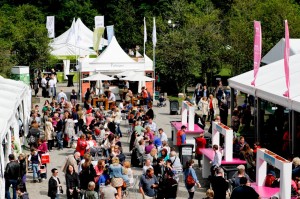
Tara McCarthy, Food and Beverage Director, Bord Bia commented “There is an increasing sophistication of the Irish consumer, who is becoming more discerning and knowledgeable about the quality and provenance of the food they buy. Our research conveyed that nearly 80% of consumers believe that food produced locally results in higher quality products, while 77% are more confident in the safety of food produced in their local area. Consumers are saying they wish to sustain their own local community, therefore markets provide an accessible way of connecting producers with consumers.”2 As promoting local food becomes national policy, farmers’ markets, fishing villages, and neighborhood butchers are taking on a “food nationalism” identity—promoting the relatively recession-proof agricultural and food sectors.1
Slow Food is a global, grassroots organization with supporters in 150 countries around the world who are linking the pleasure of good food with a commitment to their community and the environment.3 Slow Food was founded in 1989 to protect regional food production from the homogenisation of modern fast food and fast life. Through the Terra Madre worldwide network, Slow Food gives a voice to small-scale farmers and food producers and bring them together with cooks, academics and youth to discuss how to improve the food system collaboratively.4 It connects producers with consumers, through organized international and local events that showcase sustainable agriculture and artisan food production.
Slow Food believes that an integrated and holistic approach across the entire sector is integral in increasing competitiveness and increasing jobs in Ireland.
This approach includes an understanding of the value of bio-diversity for agriculture, forestry, fisheries, water and human health and the inter-relationship between food, energy and waste, and a recognition of the synergies between the areas.4
Launch of the Slow Food Northern Ireland Chef Alliance Initiative:
Food Tourism: Marketing Ireland
Food can be used to differentiate destinations in the competitive global market. Food is also expressive of identity and culture, and is therefore an important component in heritage tourism. Many countries have experienced economic prosperity through tourist experience. Ireland has massive potential in relation to food tourism, locally grown food being a key attraction to tourists. Due to growth in farmers’ markets, organic food production and healthy lifestyles, Ireland has the potential to develop food tourism as a niche tourism product similar to Italy, California and Eastern Australia.5 Players in the global food system—such as German grocery chain ALDI, British grocery and retail chain Tesco, and U.S. fast food giant McDonald’s—have identified the potential of “Irish food” and food nationalism, and are staking their claims.1Some worry that such efforts could co-opt the “Irishness” and threaten authenticity in the homegrown food movement and what constitutes “local”. However,making local agriculture national has benefited the economy, and helped alleviate pain from the recession—which is good for both economic growth and national pride.1
1.) Scanlan, Stephen J..”irish food nationalism.” contexts. Summer 2014. Web. 12 Dec. 2014.<http://contexts.org/articles/summer-2014/irish-food-nationalism/>
2).”Bord Bia Launches Industry ‘Guide to Food Markets in Ireland’.” Bord Bia : Irish Food Board. 04 Aug. 2014. Web. 12 Dec. 2014. <http://www.bordbia.ie/corporate/press/pages/BordBiaLaunchesIndustry‘GuidetoFoodMarketsinIreland’.aspx>
3.) http://www.slowfood.com. Web. 12 Dec. 2014.
4.) Allen, Darina. Submission to the 2020 Agri Food Committee. Slow Food Ireland® Ireland. Web. 12 Dec. 2014 .< https://www.agriculture.gov.ie/media/migration/agri-foodindustry/foodharvest2020/foodharvest2020/submissionsreceived/Slow%20Food%20Ireland.doc.>
5.) Sweeney, Joanna. “SLOW FOOD: Enriching the Tourism experience through agricultural diversity.”Institute of Technology, Sligo. Web. 12 Dec. 2014. <http://www.academia.edu/896364/SLOW_FOOD_Enriching_the_Tourism_experience_through_agricultural_diversity>

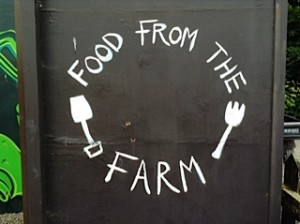
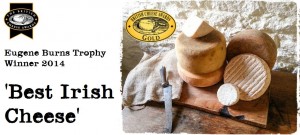
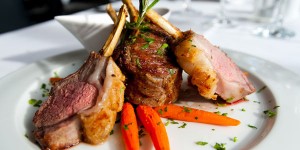
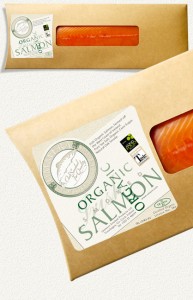
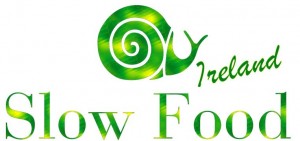
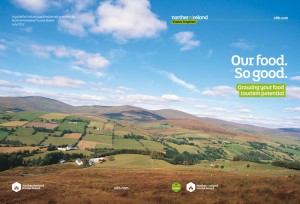
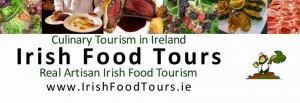
2 Replies to “The Locavore Movement”